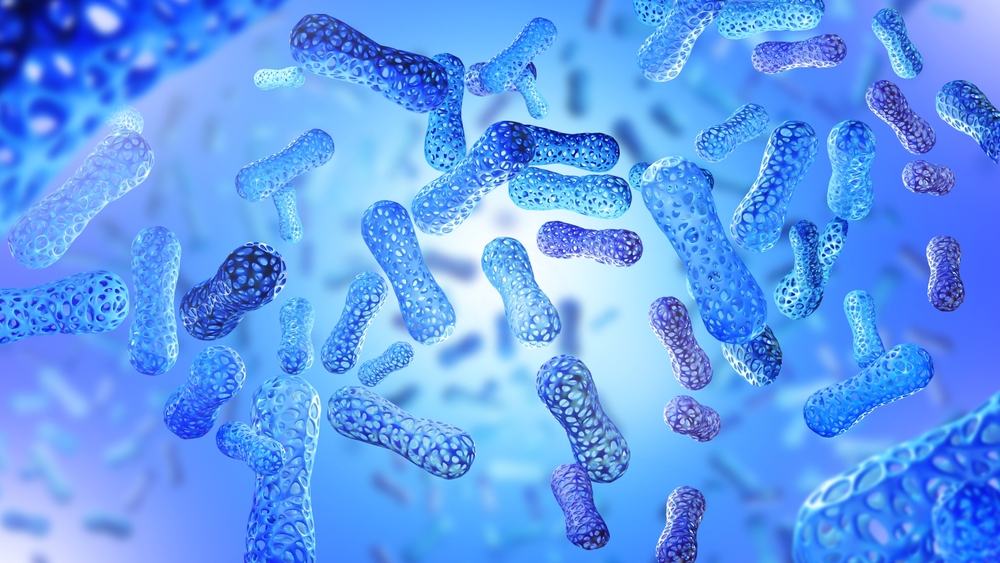Study Proposes New Therapeutic Approach for IBD

A recent publication in Cell Host & Microbe details a significant scientific discovery involving the link between gut microbes and intestinal health. The research elucidates the relationship between microbial factors and the malfunctioning of intestinal stem cells (ISCs) in conditions like colitis, and suggests a new therapeutic approach.
Inflammatory bowel disease (IBD), characterized by persistent gut flora imbalance and ISC dysfunction, has long puzzled researchers in terms of the direct interaction between these factors. The study, conducted by the University of Science and Technology of China (USTC), introduces a novel understanding of this interaction, highlighting the α2A-adrenergic receptor (ADRA2A) as a prominent G-protein-coupled receptor in ISCs.
For the investigation, researchers deployed advanced methods such as PRESTO-Tango and BRET2 GPCR assays targeting ADRA2A with a specific set of 88 microbial metabolites. Their findings pinpoint tyramine—a microbial product predominantly created by gut-dwelling Enterococcus bacteria—as a direct activator of ADRA2A.
Further investigation revealed that tyramine's production through the enzyme tyrosine decarboxylase (tyrDC) and its interaction with ADRA2A significantly affect ISC functions. The study identified an elevated presence of Enterococcus, tyramine, and ADRA2A in diverse IBD patient cohorts around the world.
By conducting experiments with a genetically modified tyrDC-lacking Enterococcus faecalis strain and mice engineered to lack ADRA2A in their intestinal epithelial cells, the researchers demonstrated that tyramine inhibits ISC proliferation. This suppression leads to diminished epithelial regeneration and worsens colitis symptoms triggered by DSS (dextran sulfate sodium).
Proposing a treatment approach, the team explored the potential of yohimbine, an ADRA2A antagonist, in alleviating colitis symptoms. When administered to mice with DSS-induced colitis, yohimbine significantly improved the conditions compared to untreated groups.
According to the authors, the study not only confirms the causal relationship between microbial actions on ISCs and the exacerbation of colitis but also introduces a promising pathway for therapeutic intervention, paving the way for new treatments for colitis and other related inflammatory bowel diseases.




















SHARE